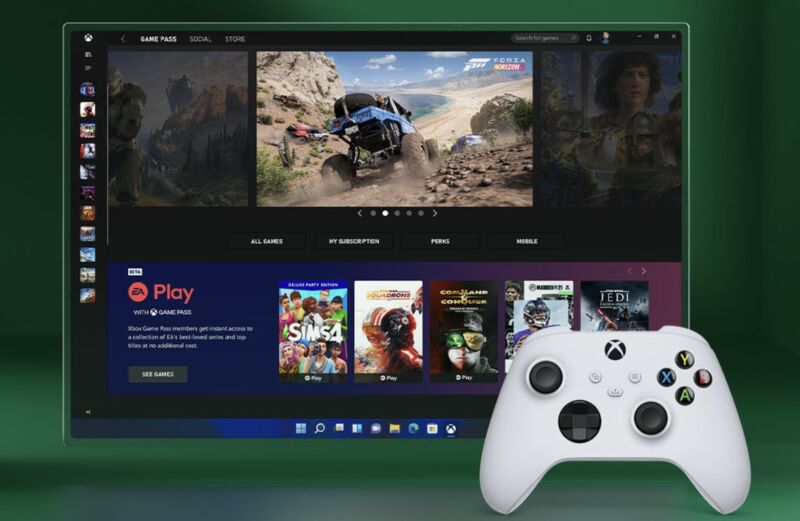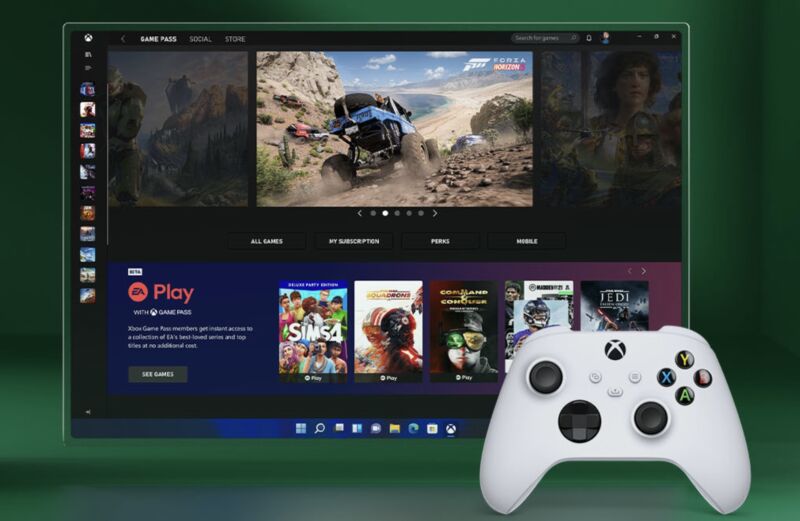
Enlarge (credit: Microsoft)
There was a time shortly after Windows 10’s release when Microsoft would release specific adoption numbers frequently, trumpeting how quickly the then-novel free update was being adopted by users of Windows 7 and Windows 8. The company hasn’t repeated that strategy for Windows 11, leaving us to rely on third-party data to see how quickly people are picking up the new OS.
We’ve pulled a few months’ worth of the Steam Hardware & Software Survey data and compared it to the months immediately following Windows 10’s release. This data is imperfect and inevitably a bit noisy—Steam users need to volunteer to send in the data—but the disparity in adoption is large enough that we can draw at least some conclusions.
Windows 11 was released to the public in October 2021, and Windows 10 was released in July 2015. In both cases, we used the Internet Wayback Machine to dig up seven months of data, including the month immediately before the release of each operating system. We charted the usage numbers for 64-bit versions of the operating systems (32-bit versions, along with versions like Vista and XP, are lumped into “other”), combining the numbers for Windows 8.1 and 8.0.





